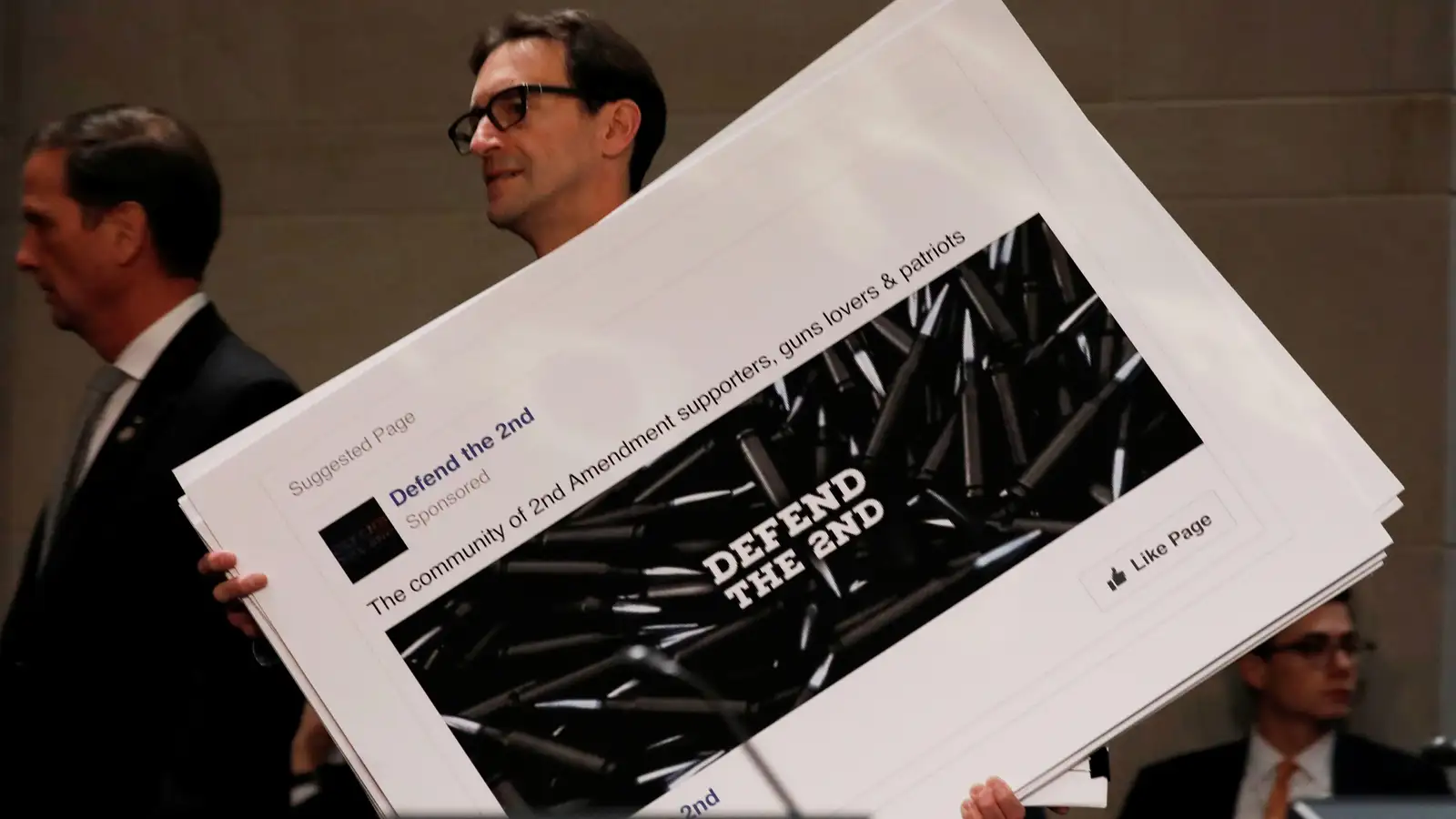Facebook is turning to an antiquated technology to foil foreign interference in US elections.
Starting this year, Facebook will send postcards to anyone who purchases an ad about a political candidate on their platform, said Katie Harbath, Facebook’s global politics and government outreach director, speaking at the National Association of Secretaries of State conference in Washington DC.
Facebook’s announcement comes a day after special counsel Robert Mueller indicted 13 Russians and three Russian groups for conspiring to interfere in the 2016 US election, with operations designed to benefit Donald Trump’s campaign. Facebook and and its subsidiary Instagram were two of the primary tools used by the Kremlin-linked Internet Research Agency (IRA).
The mailed postcards will contain special numeric codes, presumably to be entered online, to serve as as a kind of two-factor ID verification system. This would attempt to ensure that political ad buyers have a US address.
“If you run an ad mentioning a candidate, we are going to mail you a postcard and you will have to use that code to prove you are in the United States,” she said.
It’s far from clear how the system would work: Will the postcards be sent before or after the ads run? Wouldn’t it be better to transmit secret codes inside an envelope? The IRA deployed a sophisticated campaign ahead of the 2016 elections, including the use of US-based servers and operatives who physically traveled to the United States for reconnaissance.
“It won’t solve everything,” Harbath admitted to Reuters.
By law, only US citizens are allowed to contribute to a political candidate’s campaign. The system is expected to be in place by November’s midterm congressional elections.
Even as Harbath was speaking, Donald Trump was retweeting comments by another Facebook executive, Rob Goldman, who is the company’s vice president of ads.
Trump’s response:
In subsequent tweets, Goldman added that “the Russian campaign was certainly in favor of Trump,” and noted that Facebook is “taking aggressive steps to prevent this sort of meddling in the future by requiring verification of political advertisers.” He didn’t mention that the verification method was a postcard.
